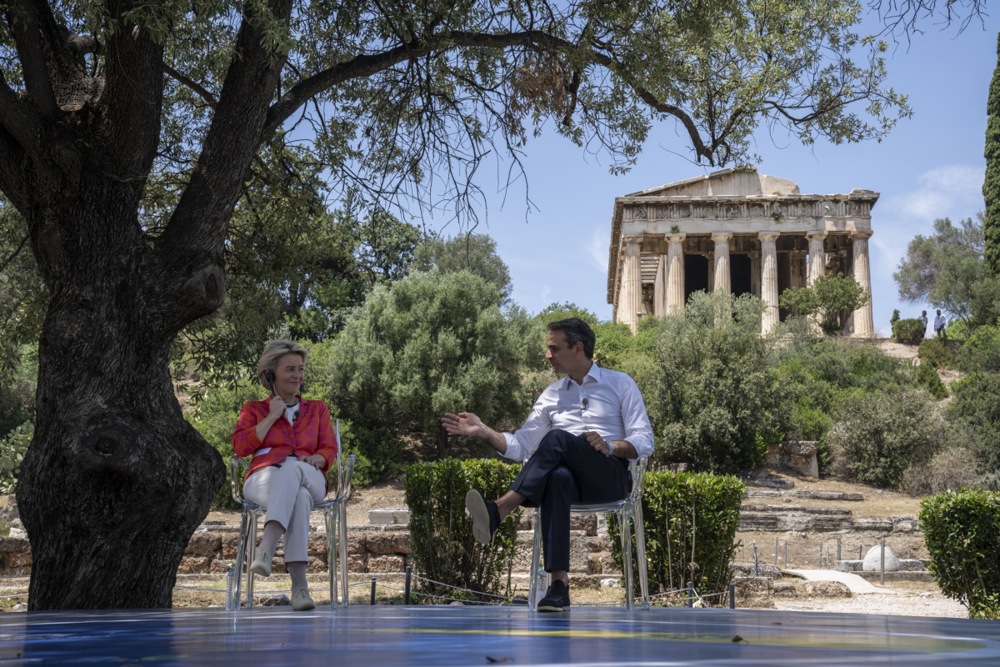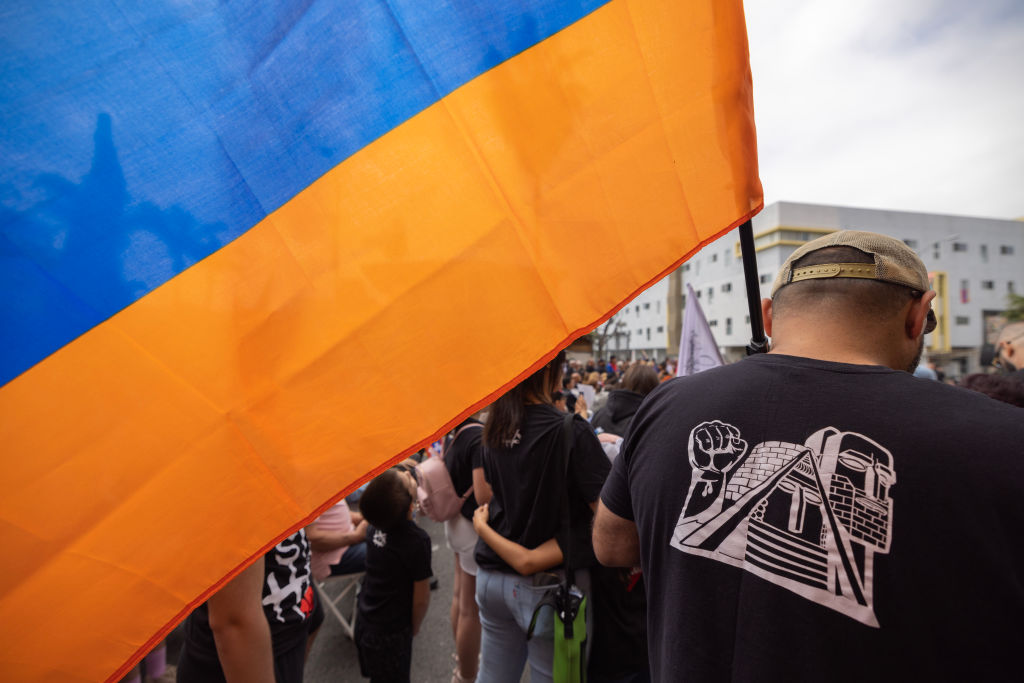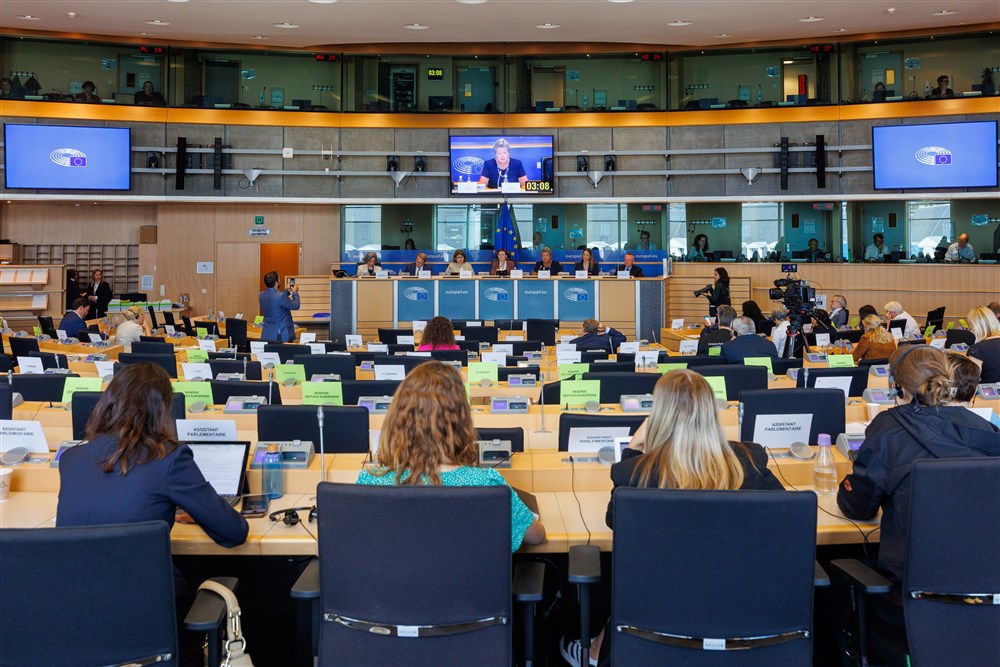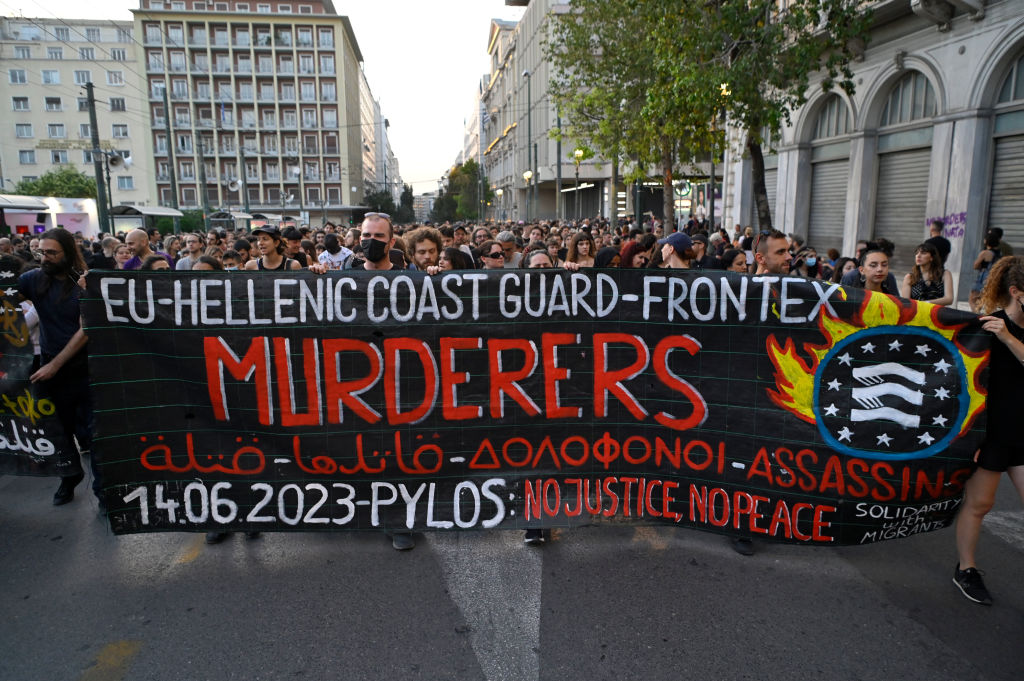Tensions are rising between Albania and Greece after Albanian Prime Minister Edi Rama was not invited to a Balkan summit of numerous leaders hosted by Greece.
The situation arose after a spat that erupted following the arrest by authorities in the Albanian capital Tirana of an elected mayor representing the Greek minority in Albania.
While the incident remains something of a diplomatic faux-pas for the moment, it could threaten Albania’s European Union memberships aspirations as Greece says it may veto the country’s accession to the bloc.
Speaking to the press, Rama was elusive over the incident. “Once the Balkans, always the Balkans,” he stated cryptically.
The meeting in question was an informal dinner hosted by Greek Prime Minister Kyriakos Mitsotakis. The leaders of virtually all the Balkan States were invited, along with European Commission President Ursula von der Leyen and EU Council President Charles Michel.
In addition, while Rama was not invited, Albania’s President Bajram Begaj was although his is a mainly ceremonial role. Begaj declined to attend anyway, citing other plans.
The arrested mayor in question Fredi Beleri won the May 14 municipal election in the small seaside town of Himarë, standing for the Omonoia party that represents Albania’s Greek minority.
He was picked up and held by police after his victory on a charge of buying votes, which provoked protests from Greece. Recently a rally was held in Beleri’s hometown that was attended by the mayors of Athens and Thessalonica.
Rama accused Greek politicians of meddling in Albanian national affairs. He wrote in an Op-Ed for the Euractiv online media outlet that the “surreal intervention of the Greek side” was unprecedented, adding that he knew of “no other case … where the elected officials of a democratic state organise a protest in another democratic state”.
Many speculate the issue is more due to Beleri’s alliance with the Democratic Party of Albania, whose members are arch-rivals of Rama’s Socialist Party of Albania.
Greek media likewise reports that Athens has questioned the grounds on which Beleri was arrested.
The allegation is that a Beleri aide attempted to buy votes from 14 voters at €50 a piece, although Athens insists that the Albanian prosecution has provided no evidence of any such transactions having taken place, allegedly in what was the venue of the meeting.
Such accusations coming from the government of a full EU Member State could prove a problem regarding Albania’s EU hopes.
Countries that wish to join the bloc are expected to adhere to strict standards in the quality of governance. In particular, that includes the independence of the judiciary and for ethnic minorities to receive special legal protection and representation.
In both regards Athens insists that Tirana is falling short.
This signals further complications in the EU’s drive to bring more Balkan countries into the EU, as politicians struggle to overcome both deep-seated issues of corruption and a long-running web of ethnic tensions in the region.





